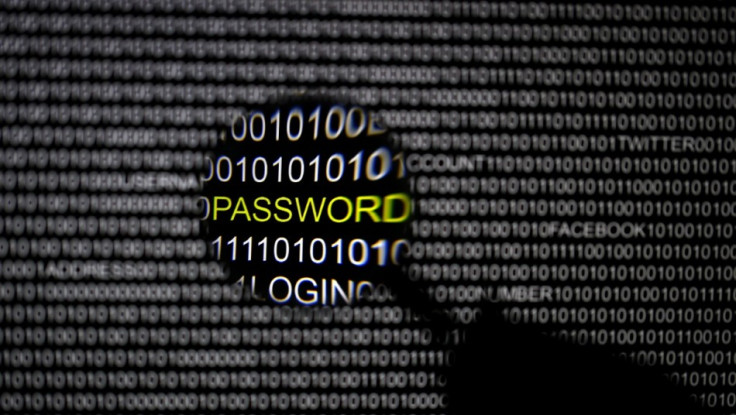Symantec: UK Employees Risk Security Breaches with Secret Downloads

According to new research, almost half of UK employees do not tell their IT departments about downloads to their work computers which could leave their businesses vulnerable to data breaches
A survey conducted by Censuswide and commissioned by Symantec found that 42% of UK workers would not inform techies about new apps, programmes or software that they may install for work purposes.
IT solutions used without approval from within an organisation, known as "shadow IT", are common in the UK, especially as cloud computing is adopted to connect a range of devices with home and office. But many are unaware of the security risks involved.
"In most cases employees expect to be able to introduce the same cloud-based apps, programmes or software they use at home and on their mobile device into their working lives, without thinking twice," the report says.
Only 11% of those surveyed understand that accessing cloud file storage sites presents a security threat, "despite it having potentially huge information security implications for organisations".
In addition to this, over a quarter of personnel did not believe that web based apps, social media apps, and web based email could result in the security being compromised.
"Workers are driving innovation in the name of productivity and quality of life, and are bypassing the IT departments in order to find the technology that allows them to do this," said Sian John, security strategist at Symantec.
"Companies shouldn't try to eradicate shadow IT, but look at how workers can safely weigh up the risks and be empowered to install software to help them work more effectively."
The report comes hot on the heels of a report from the Ponemon Institute which says that 52% of US enterprises consider themselves defenceless against cyber-attacks.
Astonishingly, only 5% of respondents said that their organisations were fully prepared to deal with targeted attacks, according to the Ponemon report.
© Copyright IBTimes 2025. All rights reserved.






















